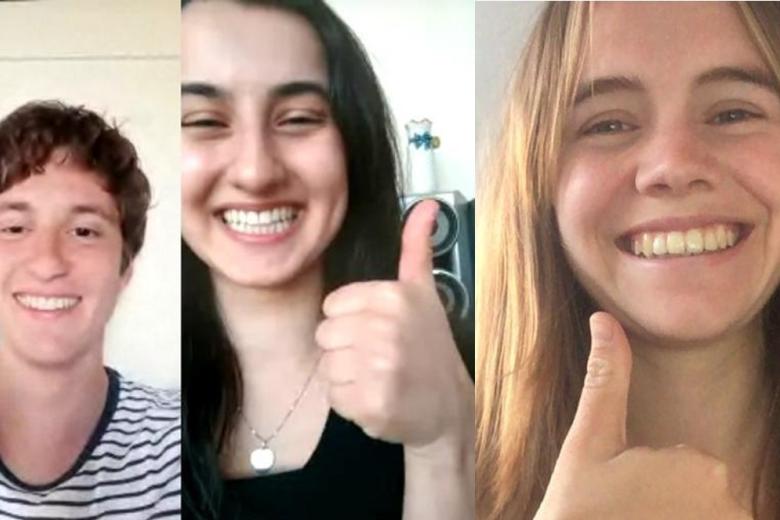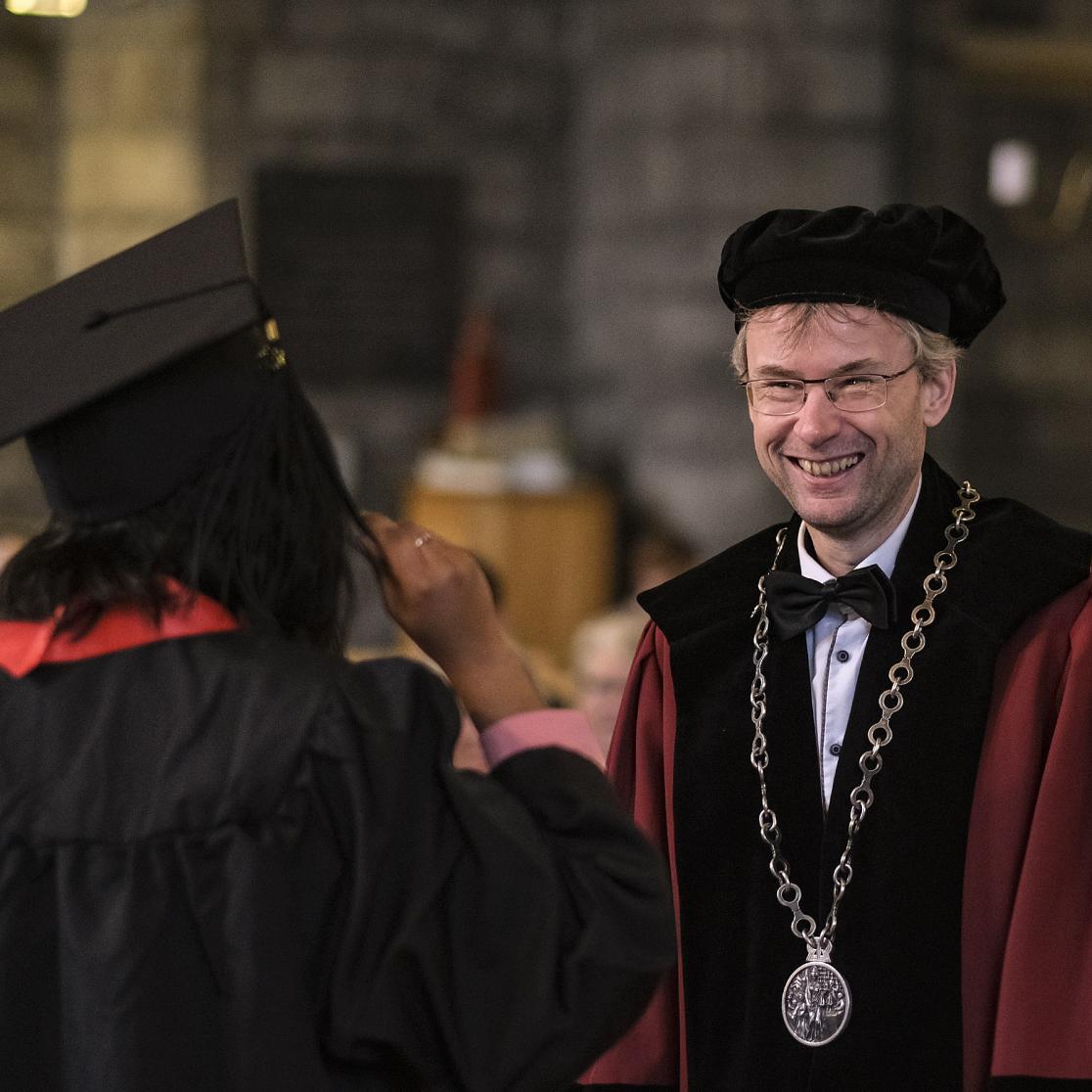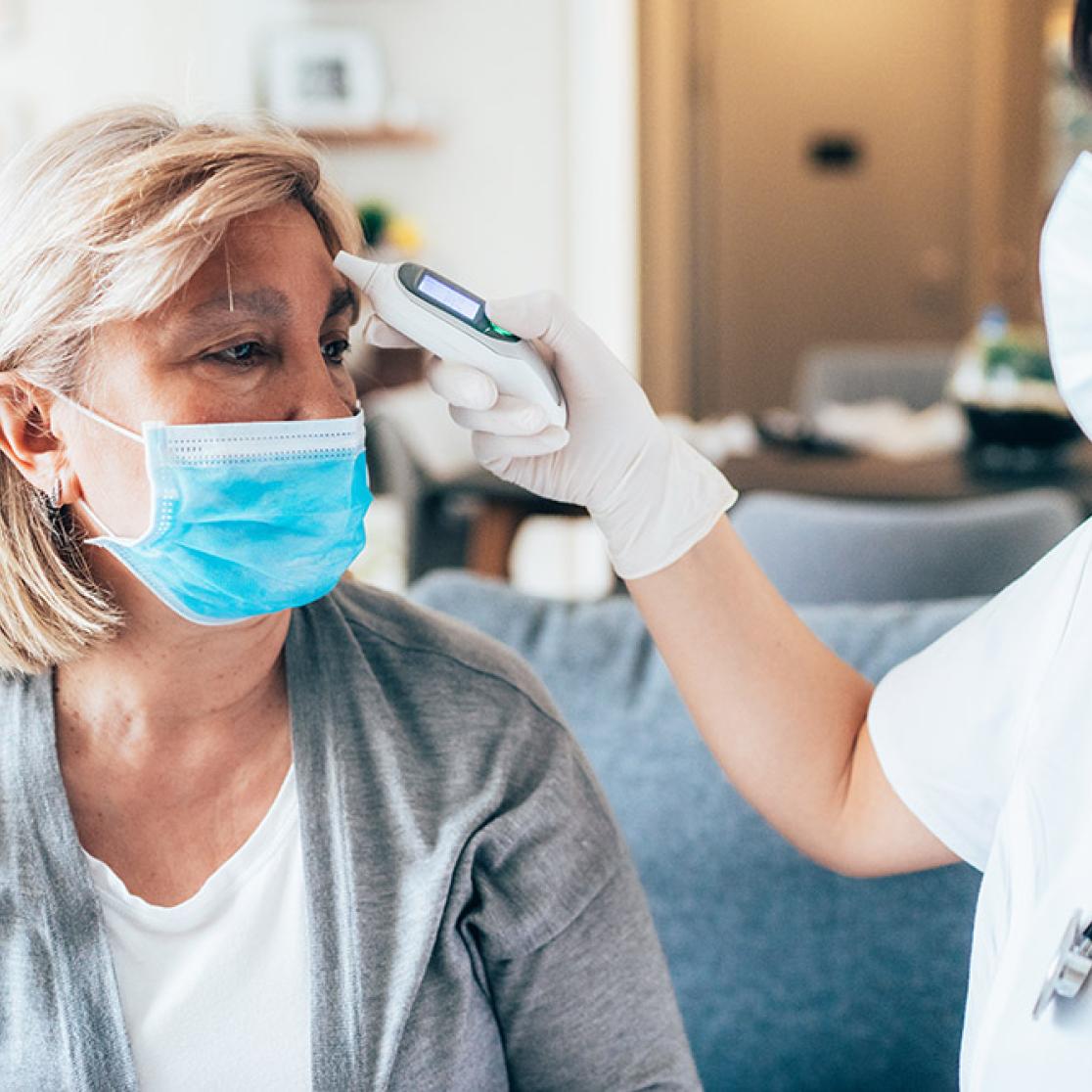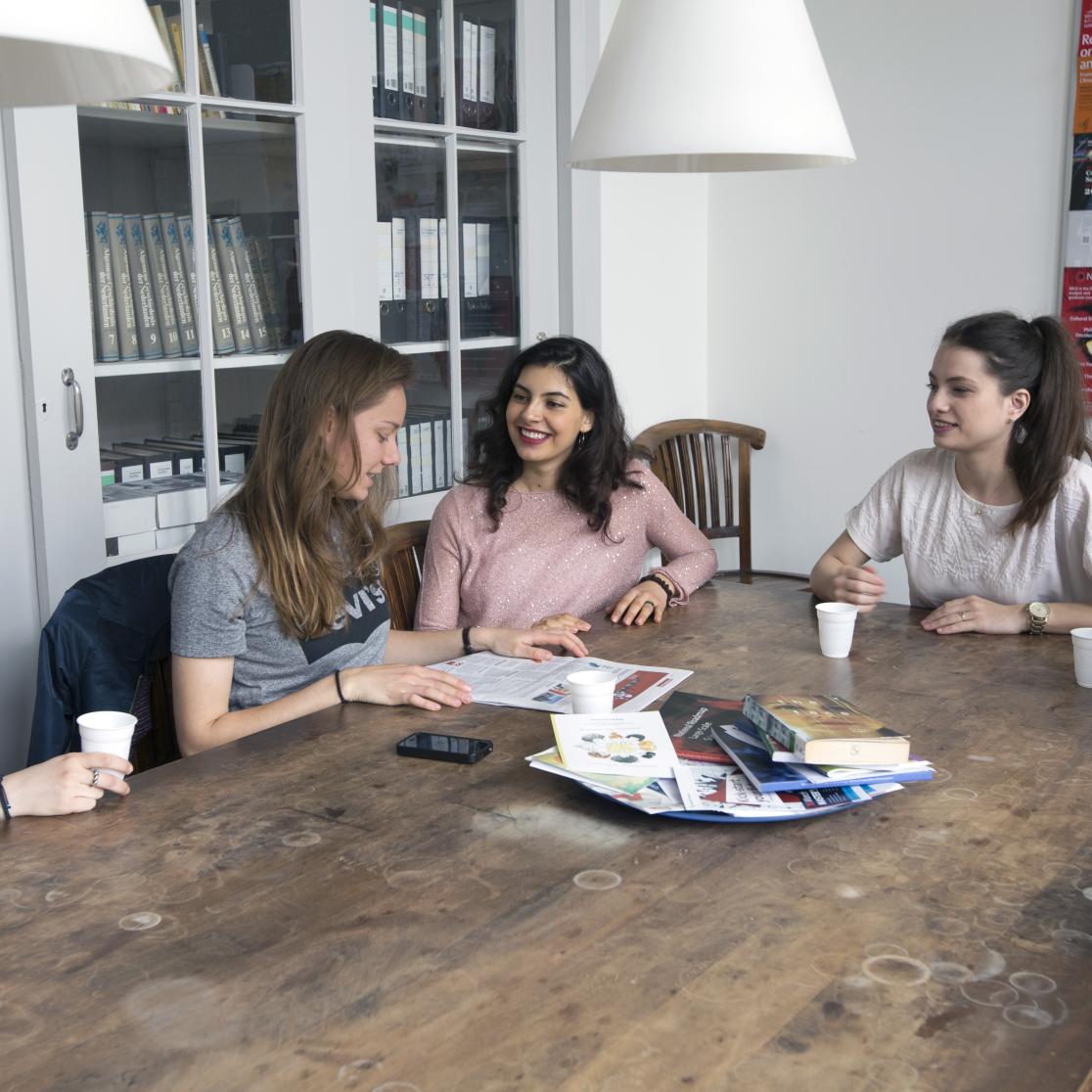Grant winners 2020
All for one & one for all
Participation in scientific research can be difficult or impossible for some groups in our society. As long as certain groups are excluded from research, we will not have a complete understanding of that which we are studying and the societal relevance of research is reduced. This project aims to increase awareness about this topic and gives us the possibility to investigate and disseminate best practices of inclusive research methods.
In the first part of this project we will conduct a survey among UM research staff to collect information about which barriers and facilitators are experienced. In the second phase we will collect best practices of inclusive research methods. In the third phase we will share the results widely and organize an UM-wide symposium about inclusivity in research. We hope to stimulate critical reflections on current practices, stimulate discussions about challenges and exchange practical, evidence-based steps to overcome them.
This project is a joint collaboration between colleagues from the Faculty of Health, Medicine & Life Sciences (Latifa Abidi, Gera Nagelhout, Hans Bosma, Julia van Koeveringe, Nikita Poole) Faculty of Psychology & Neuroscience (Jessica Alleva), the Faculty of Arts & Social Sciences (Anna-Lena Hoh, Mareike Smolka), ‘Maastricht voor Iedereen’ (Brigitte van Lierop) and IVO Research Institute.
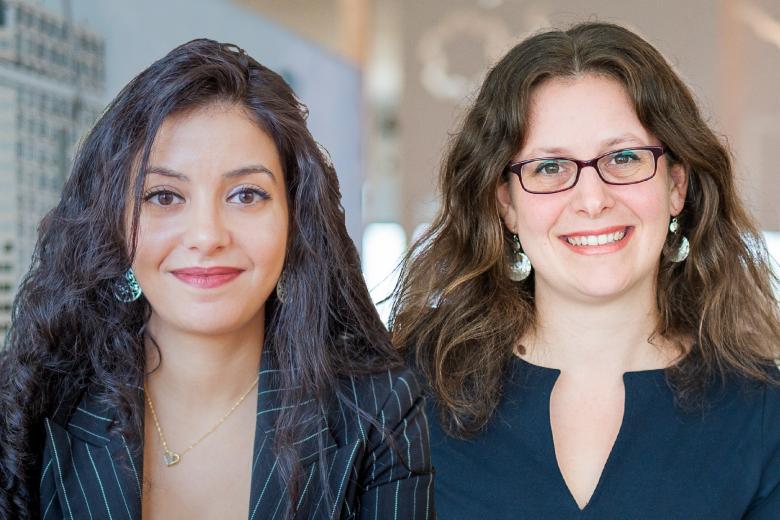
Diversifying course materials
The body of students and staff at Maastricht University is extremely diverse. However, diversity is rarely at the forefront of course materials. Diversifying our course materials will show our students and teaching staff that Maastricht University not only values diversity, but also strives to make it a central aspect of the teaching and learning process.
This project aims to develop a tool that will give Course Coordinators guidelines and examples on how to make their courses more inclusive and diverse. So that every student and staff member – regardless of their characteristics – feels welcome at Maastricht University and represented in their educational materials.
Our project will consist of 4 phases. In the 1st phase, we will be gathering and analyzing quantitative data concerning the current diversity within course materials. The 2nd phase will consist of qualitative data regarding the current situation and possible changes for the future. In phase 3 these data and ideas will be presented within a tool with guidelines and examples for course coordinators. Phase 4 will be the introduction of this tool within our University, paying special attention to the awareness of the tool among course coordinators.
We are proud to have the opportunity to start this project and hope to bring the issue of diversity to the forefront of the minds of staff and students and provide staff with clear guidance on how to address this.
Team members:
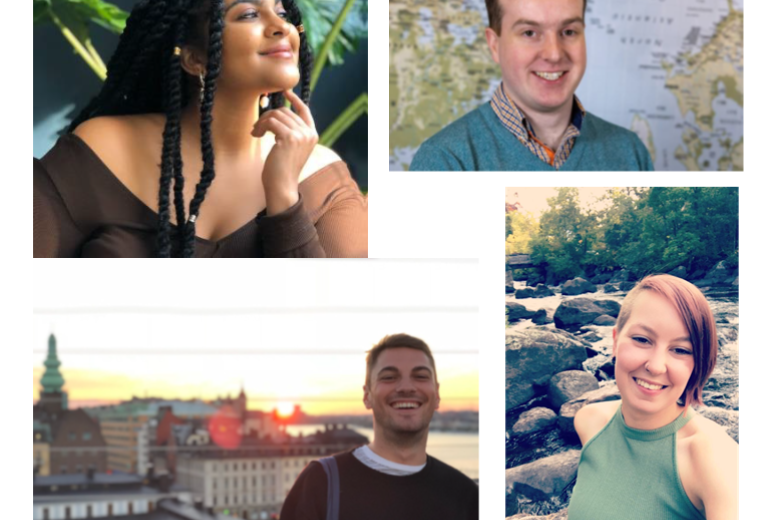
Feeling Like I’m Faking It
Impostor Syndrome is defined as ‘the persistent inability to believe that one's success is deserved or legitimately achieved because of one's own competence, despite objective evidence to the contrary’. Impostor Syndrome is more pronounced among women and members from underrepresented groups (related to e.g. ethnicity, sexual identity, gender identity, or socioeconomic position), and it negatively affects (academic) performance and self-esteem. Further, experiencing Impostor Syndrome increases the likelihood of burnout and mental distress, and may cause individuals to drop out of their pursuit to a PhD degree.
In line with the D&I policy of UM, the ultimate goal of this project is to increase feelings of belonging and inclusion among individuals most at risk for suffering from imposterism, as well as stimulate a positive academic identity and increase their well-being. To this end, we plan to 1) increase our knowledge of the antecedents of impostor syndrome among PhD students across faculties, and 2) pilot-test a micro-intervention (a.k.a. workshop) aimed at reducing imposterism and simultaneously enhancing individual empowerment, hope, optimism, efficacy, and resilience.
Our team consists of dr. Karlijn Massar and dr. Sarah Stutterheim – assistant professors, department of Work & Social Psychology – and two enthusiastic students, Nacho Harutyunyan (ba Psychology) and Anna Wittich (ma Human Decision Science).
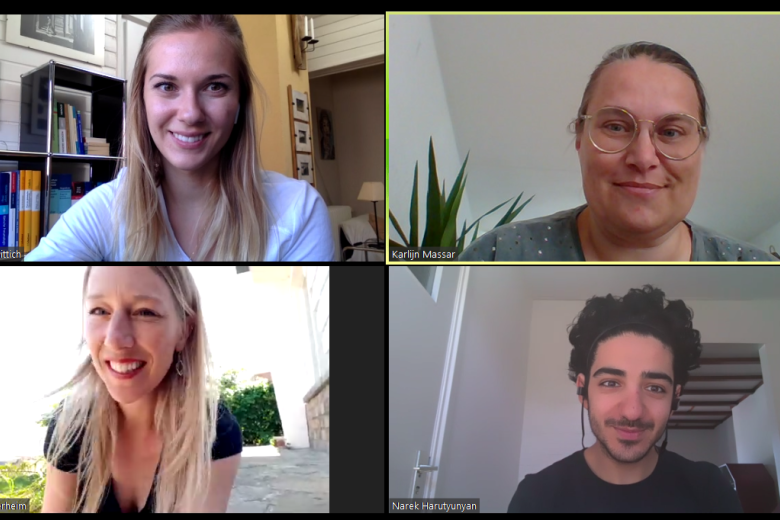
Join an iftar 2021
The Refugee Project Maastricht (RPM) and the Muslim Student Association Nour (MSA Nour) invite you to join an Iftar during Ramadan 2021. Experiencing a traditional Islamic tradition together creates a sense of community among those who are familiar with the traditions and those who are not. Therefore, you do not need to be Muslim or have much background on Islamic traditions; everybody is invited.
By interacting with each other through shared food and laughter, we can learn from each other and make an important step towards inclusion and mutual understanding. In the long term, it can contribute to alter the perception of the “Maastricht community”: division lines between the student population and other groups constituting Maastricht’s society could start to dissolve. Having an Iftar together could be a first step in this process.
This event will help to spread awareness of Islamic traditions and enable different groups of society to interact. Thus, a forum for inter-cultural and inter-religious dialogue will be created. RPM and MSA Nour believe that experiencing this form of dialogue through a shared Iftar will have a lasting impact on all participants.
